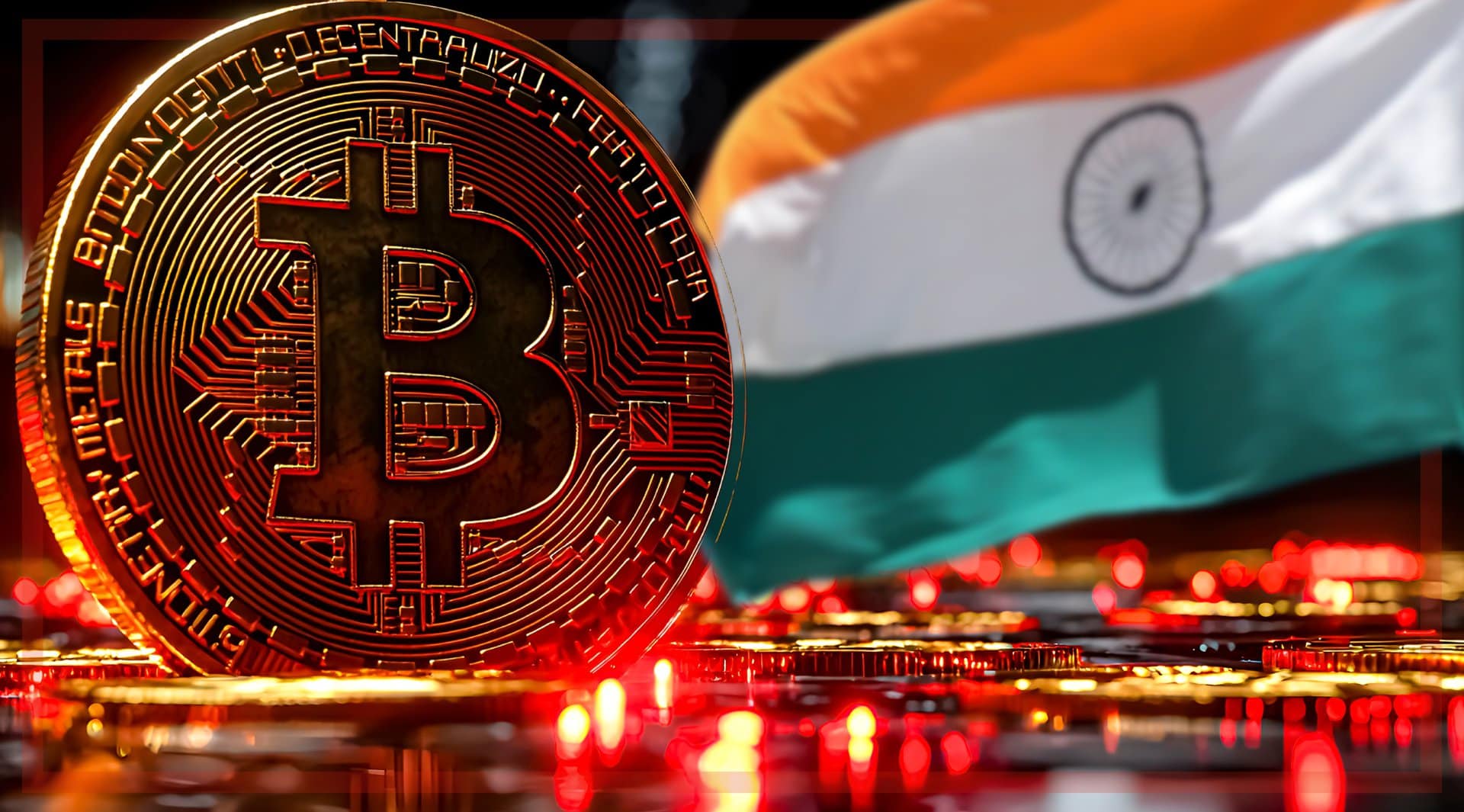In April, we brought you a story about how Jane Street is growing in strength in markets like China. Today the dominant market maker faces a major setback as the Securities and Exchange Board of India has imposed a temporary trading ban on the firm.
The move by the Indian regulator is extremely unusual. Not only because of the ban itself, but because it has additionally ordered the seizure of $570 million. A staggering blow to Jane Street’s operations. This is because the regulator alleges that this money was received from illicit gains, adding how it was gained from “an intentional, well-planned and sinister scheme.”
Part of the reason for the case coming to light was a recent court battle with Millennium Asset Management, another Wall Street behemoth. The court case highlighted the size of the profits being made at these companies, inspiring regulators to investigate.
Does Jane Street use Predatory Trading Tactics?
The Securities and Exchange Board of India, SEBI for short, is making a stance against sophisticated global players. The focus of the incident is how Jane Street works the options markets in New Delhi. The firm has made up to $4 billion in India in just over two years, an astronomical figure in a country that is still classed as an ‘emerging market’.
To understand more about what has happened it’s important to understand that the “CNX Nifty” refers to a regional stock market index found on the National Stock Exchange of India. It is a list of the fifty largest and most liquid stocks on the exchange. Another important index in India is the ‘BankNifty’, which, similarly to the CNX Nifty, is a list of the 12 major banking stocks trading in India. It is also where the manipulation that SEBI found occurred.
SEBI summarized in its interim order the most profitable trading day of January 17, 2024. It undertook a comprehensive examination of all trades executed by Jane Street on this day across cash, futures, and options segments:
“The analysis of the trades of this day revealed the existence of a strategy (“Intraday Index Manipulation” Strategy) which appears to have been similarly deployed by the JS Group in 15 days out of 18 days covered in this Order. A different strategy (“Extended Marking the Close” Strategy) was observed on the other 3 days.”
Intraday Index Manipulation involves rapid trades to influence index prices within a single day, while Extended Marking the Close manipulates closing prices to benefit options positions.
The order goes on to show how there was a sharp drop in the BANKNIFTY index at open on January 17, 2024. The media commented how this could have been down to disappointing results from one of the banks listed in the BANKNIFTY. SEBI’s examination drew a different conclusion though. One which led to the ban on Jane Street’s operations.
What Next for Indian Capital Markets?
This ban raises broader questions about the role of global firms in India’s markets. Bloomberg reported mixed reactions amongst other market participants. It also covered Jane Street’s response to the 15 instances that SEBI found of Jane Street making large purchases from January 1, 2023, to March 31, 2025. Jane Street argued that its trades were to “remove unwanted delta”. Discussions between the two parties will likely be ongoing for some time.
In the meantime market participants across the world are speculating that other foreign firms may also be caught in the crossfire, for instance Citadel. Others are keen to see Jane Street held to account.
The problem that SEBI has also highlighted is how, whilst Jane Street and other market makers make billions, Indian retail investors have accumulated losses. In fact, retail investors lost $21 billion from futures and options in the three years to March 2024. Firms reliant on algorithmic trading made $7.3 billion in just one year in comparison.
India’s equity markets have been in the news a lot so far in 2025. With Jane Street playing such a big role in the market, it isn’t a complete surprise that this step has occurred. It’s more the size of the fine and the way the ban was imposed that has rattled market participants.
Will SEBI’s actions deter other global firms, or is this just the start? Should India prioritize protecting retail investors, or is global capital essential for market growth?
Author: Andy Samu
#JaneStreet #CapitalMarkets #Trading #MarketMakers #India #NIFTY #SEBI
See Also:
Jane Street’s $20.5B Trading Surge Outpaces Citi, BofA | Disruption Banking
Disrupting Capital Markets in 2025: How Jane Street Rewrote the Rules | Disruption Banking

















